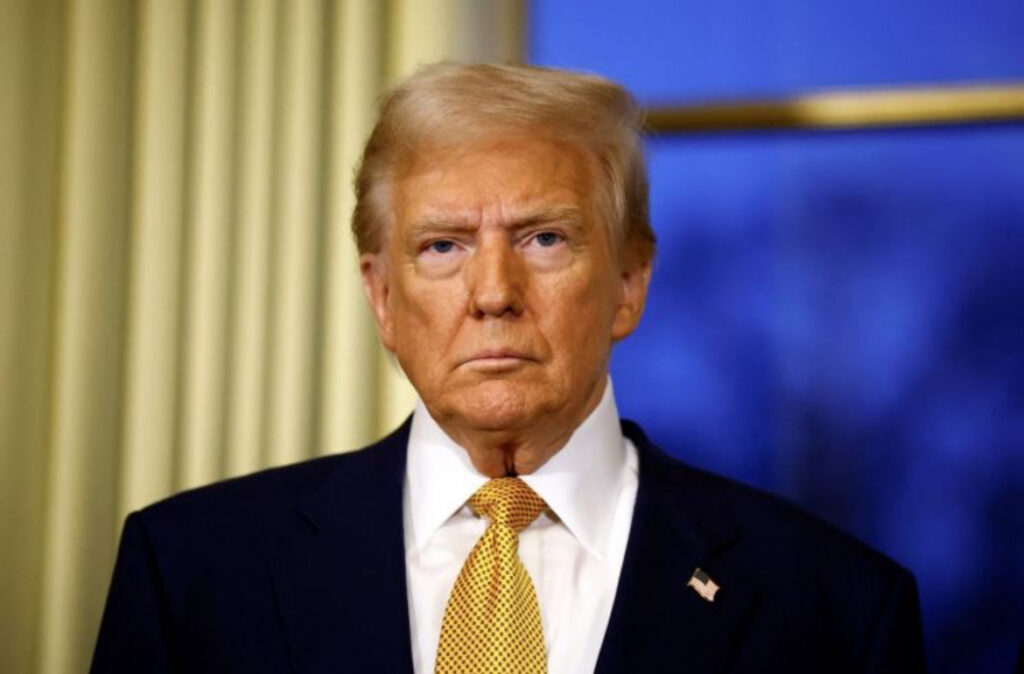
U.S. universities ahead of winter vacation are recommending foreign students return to the campus before U.S. President-elect Donald Trump’s inauguration on January 20 next year (local time). This is due to concerns that the entry ban, which was imposed on some countries during Trump’s first term, could make it difficult for international students who visited their home countries to re-enter the U.S. According to the New York Times (NYT) on the 11th, Harvard University, the University of Southern California (USC), Cornell University, the University of Massachusetts Amherst Campus, the Massachusetts Institute of Technology, the University of Pennsylvania, and Wesleyan University issued recommendations or guidelines ahead of the winter vacation, when many international students visit their home countries.
Cornell University’s Global Learning Secretariat said on its website late last month that the entry ban is likely to take effect immediately after Trump’s inauguration, recommending that students return to the U.S. before the spring semester begins on Jan. 21. The secretariat said that the ban is likely to include Kyrgyzstan, Nigeria, Myanmar, Sudan, Tanzania, Iran, Libya, North Korea, Syria, Venezuela, Yemen, and Somalia, which were targeted during the first term. It also warned that China and India could be added to the list. “Since the last message in early November (when the presidential election took place), many people have asked about potential changes in immigration policy,” Harvard University said on its website, “We are closely monitoring the situation,” adding, “The repeated advice to those who are concerned that they may experience disruptions in returning to the campus after vacation is to secure time before the Martin Luther King anniversary.” Martin Luther King’s anniversary is the third Monday of January every year, and 2025 is January 20, Trump’s inauguration day. Harvard University also added that all undergraduate dormitories will open from Jan. 17.

Earlier in the day, USC, Yupen, and Wesleyan University have also urged all foreign students, professors, and staff who own students and visiting visas to strongly consider returning to the United States before Trump’s inauguration through a travel advisory. USC said, “The new administration, which will take office on January 20, can issue more than one executive order affecting U.S. travel and visa issues. It is not clear what kind of executive order will be issued, but the safest way is to be in the U.S. prior to that.”
This shows that there are so many concerns in the university community ahead of the inauguration of Trump, who has put forward a tougher immigration policy. In 2017, during Trump’s first term, many Muslim countries, including Iran, were banned from entering the U.S., causing confusion at airports and other places. Thousands of the 17,000 international students who were studying in the U.S. at the time were unable to enter the U.S. The executive order was temporarily suspended due to a lawsuit and canceled after President Joe Biden took office in 2021.
In particular, Trump has vowed to re-apply the policy if he returns to power during this year’s presidential campaign. Chloe East, a professor at the University of Colorado Denver, told the BBC that “all international students are worried right now” and that “many students are concerned about visas and whether they can continue their studies.” Currently, universities in the U.S. are asking international students to prepare for the possibility of processing related documents.
According to the U.S. State Department-funded Data Project Open Door, the number of foreign students enrolled in U.S. universities exceeds 1.1 million between 2023 and 2024. By nationality, India had the largest number of students at 331,602, followed by China (277,398). The New York Times reported that India and China account for half of all international students combined. Korea ranked third with 43,149. Canada followed by Taiwan, Vietnam, Nigeria, Bangladesh and Brazil.
JENNIFER KIM
US ASIA JOURNAL



